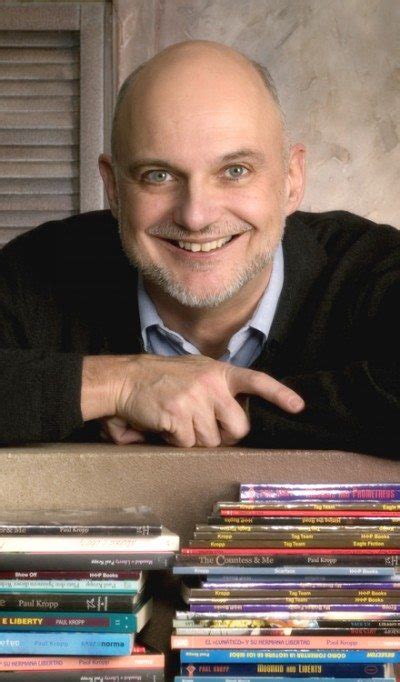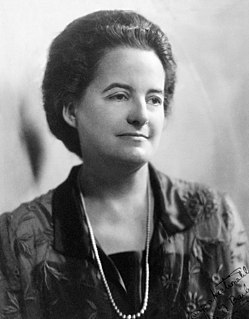A Quote by Gary Shteyngart
Reading is entering into the consciousness of another human being.
Quote Topics
Related Quotes
I think the act of reading imbues the reader with a sensitivity toward the outside world that people who don't read can sometimes lack. I know it seems like a contradiction in terms; after all reading is such a solitary, internalizing act that it appears to represent a disengagement from day-to-day life. But reading, and particularly the reading of fiction, encourages us to view the world in new and challenging ways...It allows us to inhabit the consciousness of another which is a precursor to empathy, and empathy is, for me, one of the marks of a decent human being.
I believe in recognizing every human being as a human being--neither white, black, brown, or red; and when you are dealing with humanity as a family there's no question of integration or intermarriage. It's just one human being marrying another human being or one human being living around and with another human being.
Every human being has consciousness, but not every human being has the same amount. The potential for each one of us human beings is infinite consciousness. This is called supreme enlightenment, and it just needs unfolding by transcending each day. The more consciousness we have, the better life is.
The problems that we are facing are multiplying on the planet - economic, environmental, social, political upheaval, the list goes on. It's a time of change and transition and, as I see it, we are entering a new state of consciousness. It's a transition between one state of consciousness and another. It's an evolutionary leap that is happening.
Now consciousness, what is consciousness? Consciousness is being aware of one's surroundings, recognizing the existence, truth or fact of something; being aware of the very moment, the very instant that you are in; being aware of how you affect the human social, political, and natural ecology you are a part of and how it affects you. Consciousness is being informed and instructed through your groups peculiar culture on the effects of the varied ecologies on your immediate and distant ancestors, and to be aware of their interpretation of that experience.
When you meet another human being, you meet the physical self, then you meet the psychological self that's behind it, which is their mental conditioning, their patterns of behavior and so on. And then, there is a deeper level to every human being that transcends all of that. I can only sense that in another human being and relate to another human being on that deeper level if I have gone deep enough within myself.
Rebellions tend to be negative, to denounce and expose the enemy without providing a positive vision of a new future...A revolution is not just for the purpose of correcting past injustices, a revolution involves a projection of man/woman into the future...It begins with projecting the notion of a more human human being, i.e. a human being who is more advanced in the specific qualities which only human beings have - creativity, consciousness and self-consciousness, a sense of political and social responsibility.
Looking at the world from other species' points of view is a cure for the disease of human self-importance. You suddenly realize that consciousness - which we value and we consider the crowning achievement of nature, human consciousness - is really just another set of tools for getting along in the world.
I want to put it back together now, this artistic expression that contains religious feeling. I want to investigate: What was the origin? What's happened in the human mind? Can we trace back the moment of the creation of human consciousness? And why did only humans gain consciousness, not other animals? So, evolution? I don't know whether or not I can believe evolution. Maybe we wait for another 100,000 years and then apes get consciousness.
I suggest that just as self-consciousness is the goal for all the subhuman forms of life, and as group consciousness, or the consciousness of the Heavenly Man, is the goal for the human being, so for him, also, there may be a goal, and for him the achievement may be the development of God consciousness.
My view is that consciousness, the seat of "personalness," is the ultimate reality, and is also scientifically impenetrable. In other words, there is no scientific test one can postulate that would definitively prove its existence in another entity. We assume that other biological human persons, at least those who are at least acting conscious, are indeed conscious. But this too is an assumption, and this shared human consensus breaks down when we go beyond human experience (e.g., the debate on animal consciousness, and by extension animal rights).




































